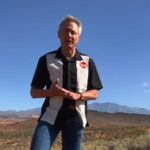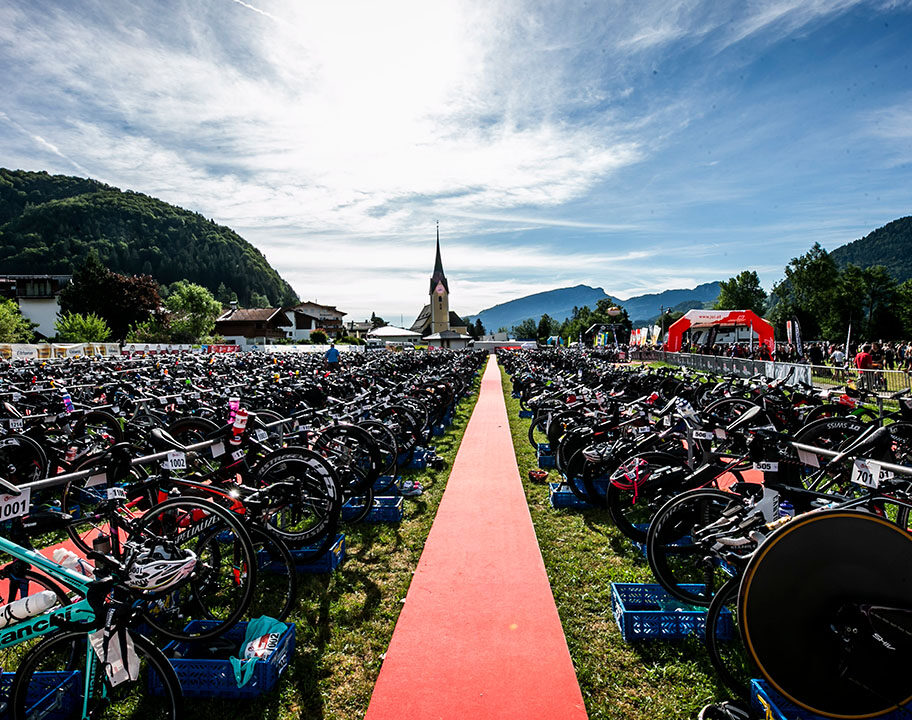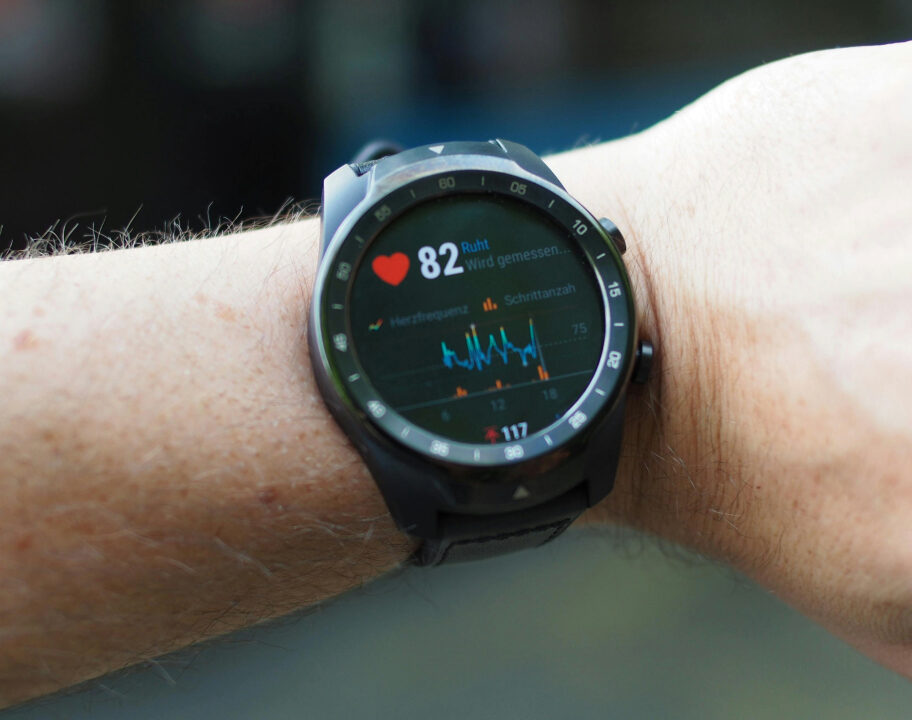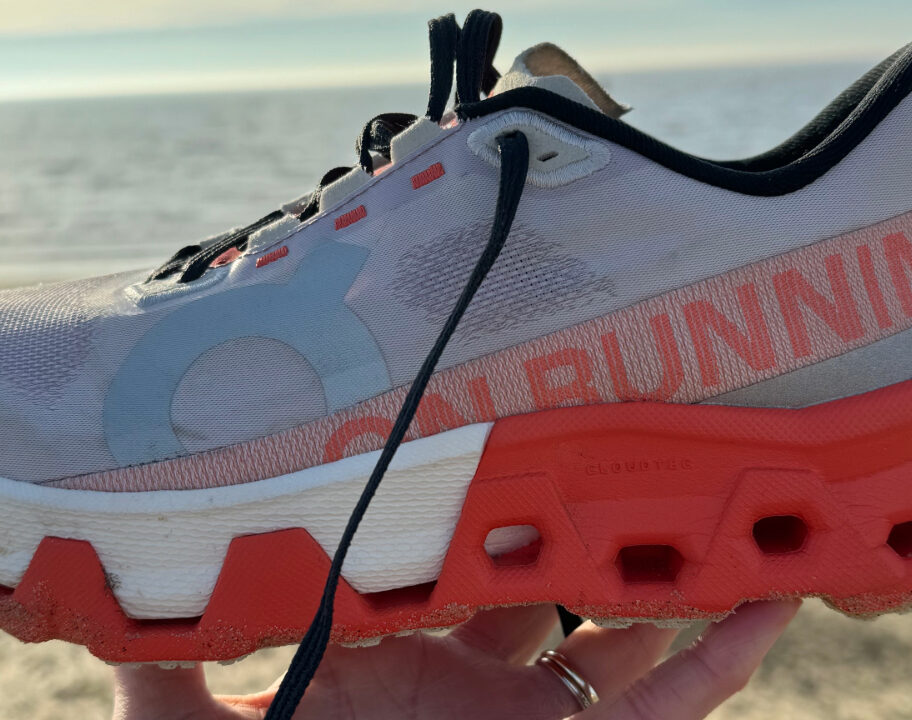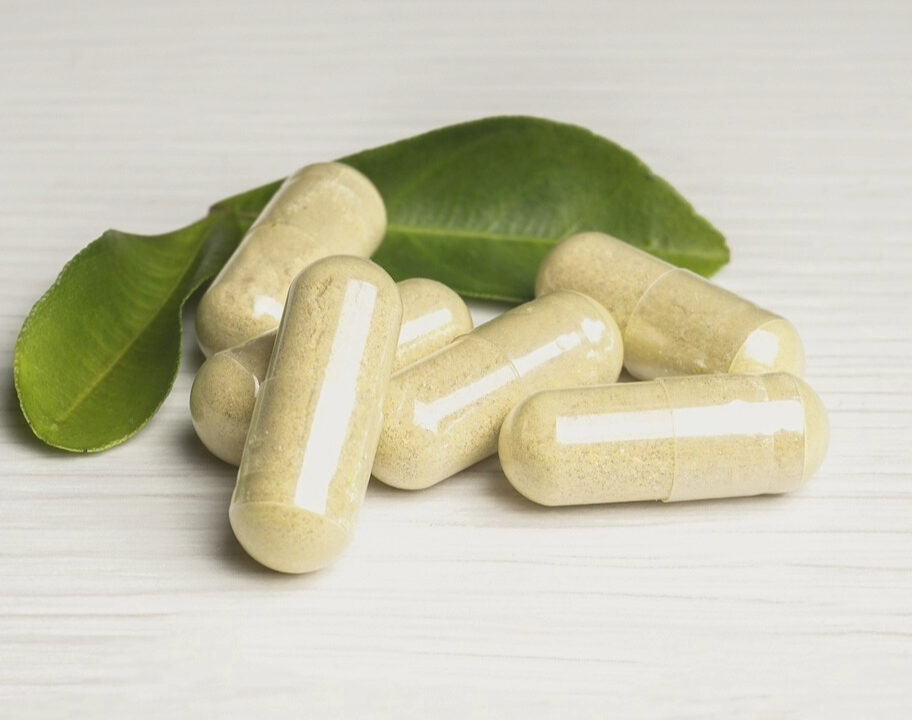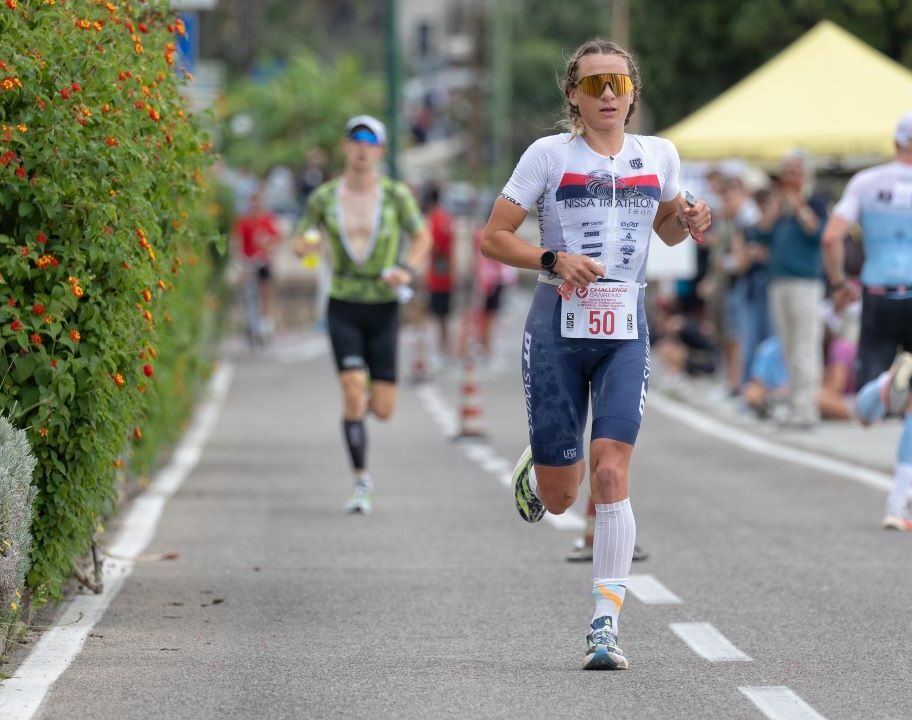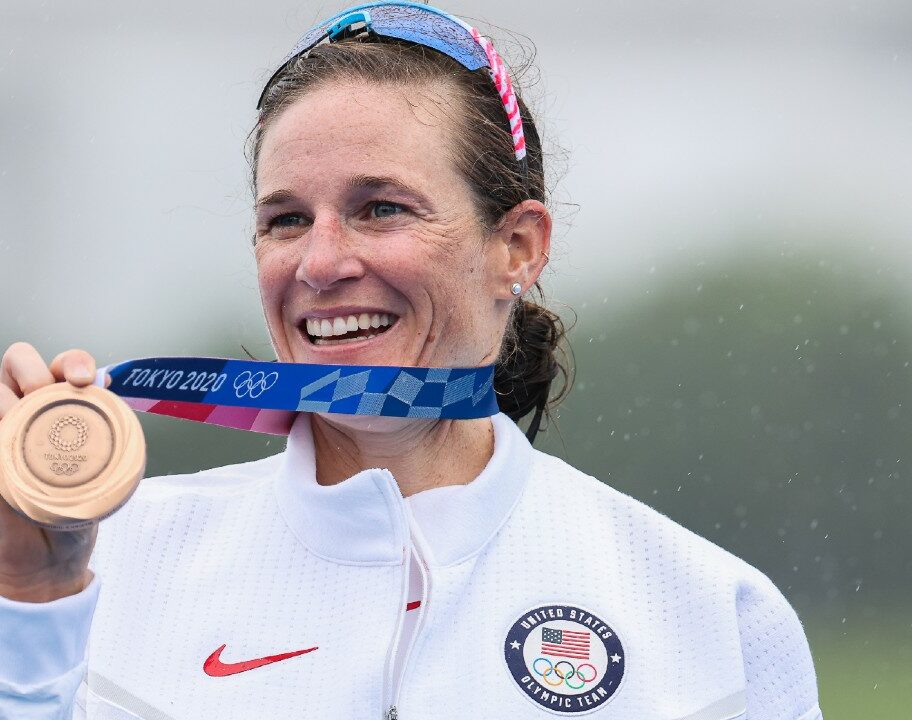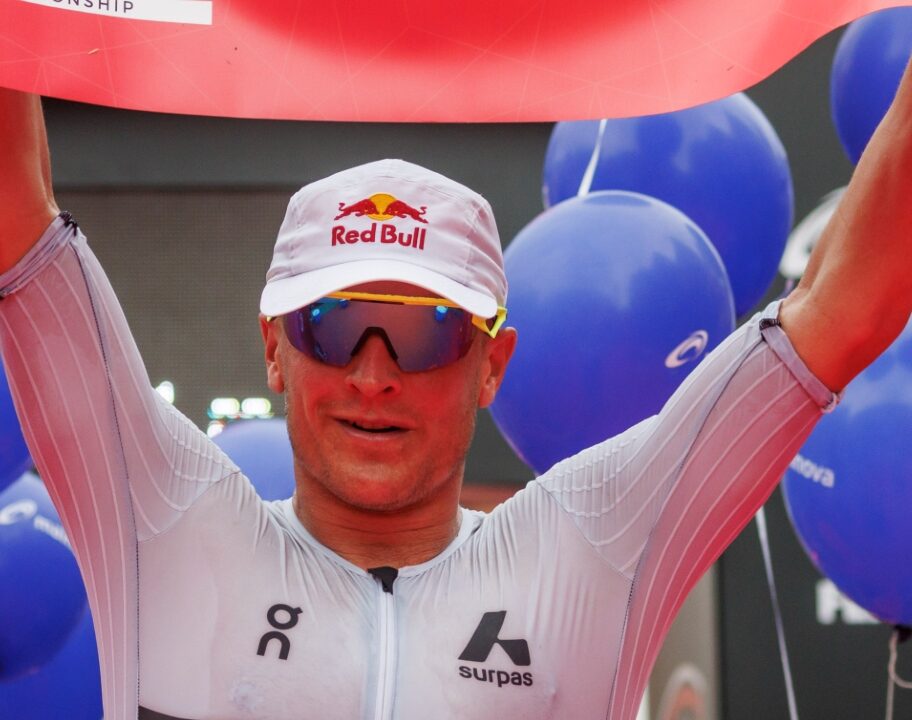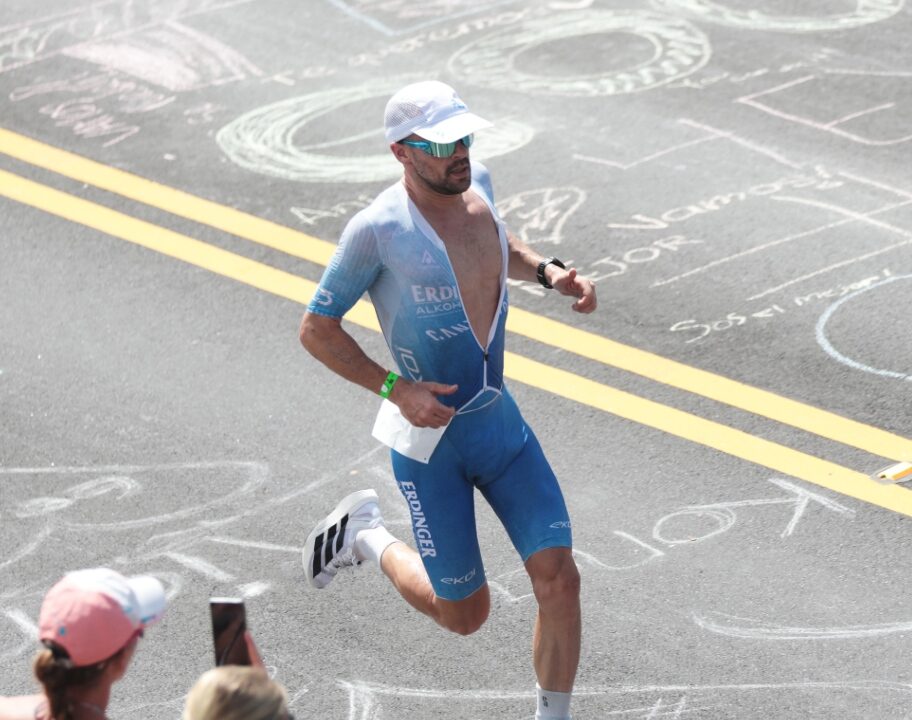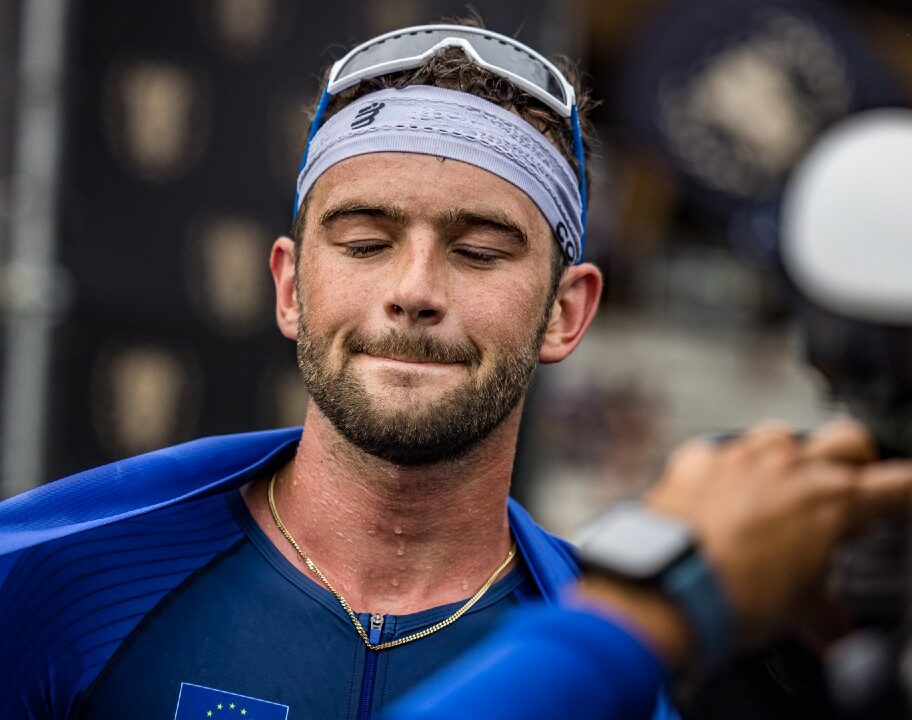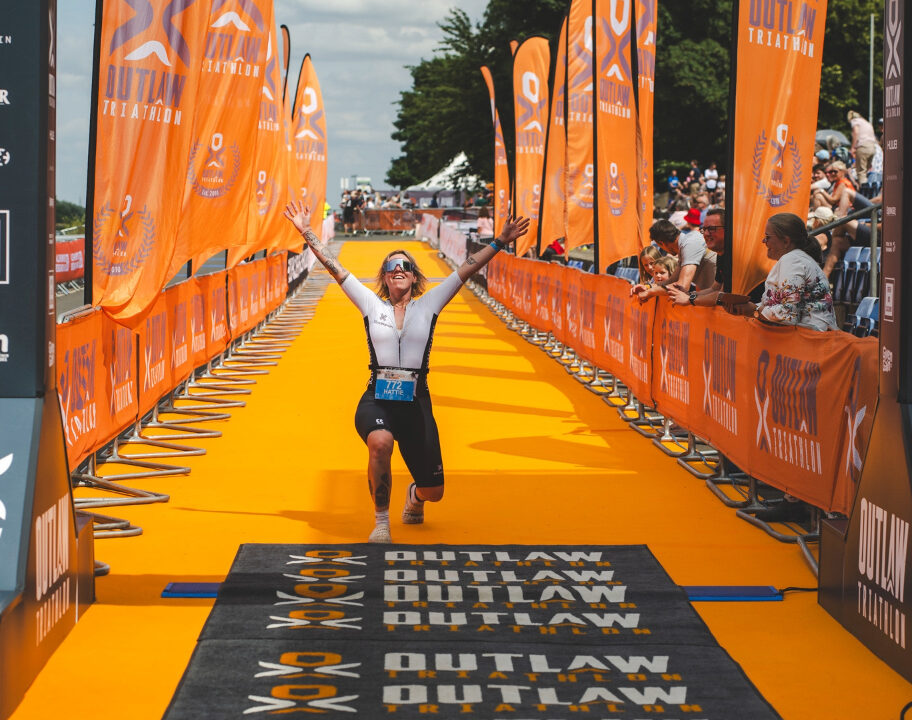From the fall of 2019 through the end of 2022, there was a dominant force in triathlon – the brilliant Norwegian duo of Gustav Iden and Kristian Blummenfelt.
During that period, which included the COVID blackout year of 2020, they won three IRONMAN 70.3 World Championships, two IRONMAN World Championships, an Olympic Gold medal, a WTCS Grand Final and a WTCS World Title to name just a few highlights.
They also became the showcase for another person: Olav Aleksander Bu. He is the mastermind coach who guided these two to stratospheric levels. Their approach was labeled “The Norwegian Method”. Unlike most coaches, Olav became as famous as his athletes. He seemed to be able to apply a magical touch to data like no-one in history.
But that incredible reign of invincibility started to wane as the 2022 season closed out. Yes, Blu won the IRONMAN 70.3 World Championship in St. George to finish things off. But Iden was a DNF in that race just a few weeks after he’d won in Kona and set a course record.
The dynamic duo has been struggling ever since to regain their dominance. Gustav is hoping to regain his IRONMAN World Championship title in Kona later this year. Kristian will be lining up at Paris 2024 later this month hoping to bring home his second Olympic Games triathlon gold medal. For both, there still seems to be a big gap to close if those those dreams are to be realised.
In a recent conversation with Olav (you can watch the full interview at the bottom of this article), I asked him what it was that worked so well in that four-year golden period, and what’s changed since then. There were a few surprises in his answers!
Tokyo 2021 – systematic but experimental
“I think the first part came leading into Tokyo where we started to have a very systematic but experimental approach to individualisation. It was about figuring out what parts were the most important that had the largest influence on the development of speed and velocity and then doing more of the good things. Systematic but also experimental!
“Dialling in this way of working created a very good foundation for what came afterwards. Obviously after Tokyo it was not like Kristian just had the idea that he wanted to do long course and win the IRONMAN World Championship that same year. This was already something that he had decided that he wanted to do a couple of years in advance.
“But aside from the guys that I coach, I get to see what other coaches do and then I try to learn from them as well. One of the things that I saw is that people are really good at writing workouts. They make workout models, they have durations, they have rest ratios, and then they have intensity.
“But the intensity part is where I feel most people don’t have a good tool to know what to target. What most people don’t realise is that let’s say you prescribe 5% more duration or 10% more duration, you’re not talking about a 5% linear relationship. I can be exponential in terms of the impact on the athlete and their need for recovery.
“This is where we started to see quite massive transformation in both Kristian and Gustav and the whole rest of the team by considering that fine edge exponential impact at the top end of what was is possible to recover from.”
The Norwegian Method was working flawlessly until the end of 2022. Gustav won in Kona in record-breaking time. Then he and Kristian went to St. George for the IRONMAN 70 .3 World Championships. Kristian crushed, completely dominating. Gustav dropped out. I asked Olav if this was a huge chink in the armour of the invincible boys?
“To be honest, this was our most relaxed race. We all agreed after Kona that now we would bring it down a few notches. There was a huge drop in let’s say intensity control and dosage control.
“We’d pushed for years from Gustav in Nice in 2019 through the Olympics to then IRONMAN racing and also some PTO races. All of us needed to let down a bit. It was the period where we had the least control and structure.”

Paris 2024, and mission impossible!
After the “letdown” the buildup had to happen. Paris is here in just a few weeks, and Kristian is hoping to defend his gold medal. I was curious what Olav thought about that challenge of going against the grain of conventional wisdom and taking a World Champion from IRONMAN back to Olympic-distance racing.
“First of all, it was a bit madness, like why on earth would we go back when these two guys have like seven world titles and course records?
“It came down to we needed a new goal. To be honest if the goal for both had been to stay the course with long-distance racing, I would probably have switched sports. I like to build things, to innovate. I need something to challenge my mind. And going back to the Olympics? Well, that’s mission impossible!
“Kristian was also like that. He needed more freedom to do some out-of-the-box kind of stuff. Last year he said he wanted to do the Milwaukee PTO. I said ‘Kristian you’re going to do PTO Milwaukee two weeks before the Olympic Test Event?’ So, I said yeah, I think that will be really good preparation. He looked at me with a large grin on his face and said ‘I don’t even think YOU believe that but it’s more that you accept it’. It’s a year where we just we have to keep it more relaxed.”
The Olympic year is all about gauging where an athlete is throughout the season compared to where they need to be at the Games. However, one key race metric was cancelled early in that cycle: Abu Dhabi. That was a hit for Olav and Kristian.
Abu Dhabi misery
“We really needed Abu Dhabi. That would have given us several months to adjust based on what took place there. Without it, the only gauges were Yokohama and Cagliari – both relatively close to Paris. We knew we would be a bit blind because the final changes we are making based on those events won’t be tested until the Games.”
There’s been rumour of Kristian pushing boundaries with his run to be ready to conquer the strengths of Alex Yee, Hayden Wilde and Morgan Pearson. I asked him how he “measures” daily success in territory that no one has ever been?
“We are continuously pushing boundaries. We are trying to redefine what is sustainable in terms of both duration and intensity, not only in a single session but actually over time. We are into completely uncharted territory because we are increasing far more than what any teaching book would say we should. I’ll come back around after the Olympics and talk more about that.
“It’s a place where I’m very dependent on the feedback of the athletes, because you have all the instruments we have, but in the end, you really have to have a good sense for your body and Kristian obviously has a very, very good sense of his body.
“We ask about RPE, for example. What was the intensity feeling? Then I’ll ask him about time to exhaustion. How fatigued were you from a scale from zero to 10. And it still surprises me that on some of these sessions we do, he’s not saying 10.
“He might not even be a nine, but more like a six or seven. And I’ll ask, well, does that mean that you could have run six or eight more kilometres on this pace? Yeah, I could. And that’s okay, fine, that leaves something in reserve. And I think that’s important. Systematic but experimental!”
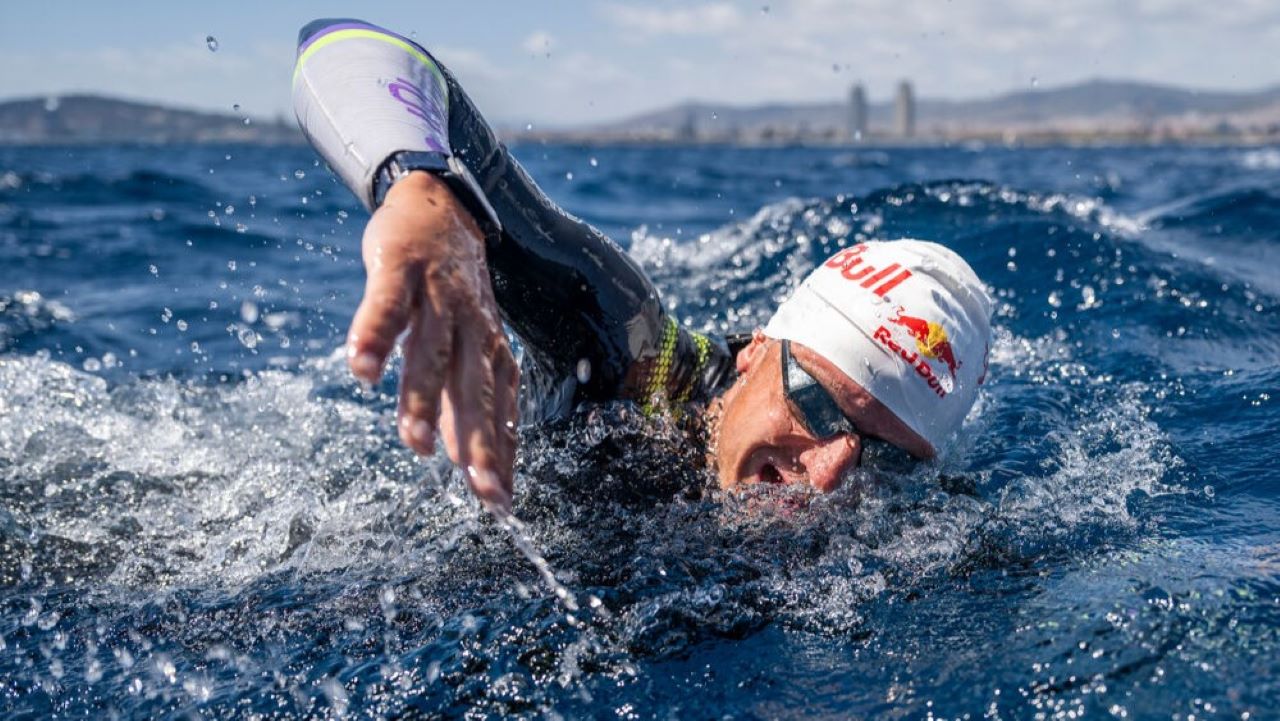
Seine water causing Bu headaches
The water quality of the Seine in Paris will determine whether the Olympic race will be a triathlon or a duathlon. I asked Olav if this is part of his preparation with Blu.
“I have to say, I really don’t like the situation. To be honest, we are not preparing a plan B. It is a triathlon. If it’s a duathlon, it’s a duathlon, and we will just have to make the best of it. We discussed this last year and decided that if it’s a duathlon, it’s not a triathlon.
“But there’s also another factor: the current. This summer the current has been really strong. If it’s like that on race day, a couple of swimmers could open up some insane gaps on the part where you go against the current. And worst case, when you turn around the buoy, some athletes might actually start going backwards!”
For a coach like Olav who loves a new challenge, the question had to be asked: what’s next after Paris and Kona this year?
“Obviously I have unfinished business with Gustav and the triathlon world, so I will continue to work with him there. Kristian? There have been rumours that he might be consider changing sports after this year.
“So obviously Olympics and then Kona. But then in 2025? Kristian is considering other sports: cycling to be specific. One thing I can say for sure though, this is still rumour. I will say we are in dialogue with a couple of people. And then we’ll just have to see where it takes us.
“My wife and I were sitting down discussing all this. I said it’s seven years until I’m 50. That’s the period I give myself where I’ll really push for more innovation in sport whether it’s through coaching, helping other coaches or working on AI projects. I will be able to be more precise on all this later this year.”

